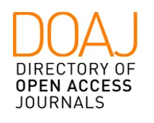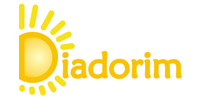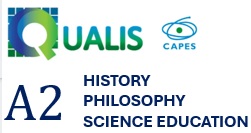Anti-Scepticism and Epistemic Humility in Pierre Duhem’s Philosophy of Science
DOI:
https://doi.org/10.24117/2526-2270.2017.i2.06Keywords:
Pierre Duhem, Scientific Representation, Explanatory hypotheses, Holism, Natural ClassificationAbstract
Duhem’s philosophy of science is difficult to classify according to more contemporary categories like instrumentalism and realism. On the one hand, he presents an account of scientific methodology which renders theories as mere instruments. On the other hand, he acknowledges that theories with particular theoretical virtues (e.g., unity, simplicity, novel predictions) offer a classification of experimental laws that “corresponds to real affinities among the things themselves.” In this paper, we argue that Duhem’s philosophy of science was motivated by an anti-sceptical tendency, according to which we can confidently assert that our theories reveal truths about nature while, at the same time, admitting that anti-scepticism should be moderated by epistemic humility. Understanding Duhem’s epistemological position, which was unique amongst French philosophers of science in the beginning of the 20th century, requires a careful examination of his accounts of representation, explanation, and of their interrelation.Downloads
Published
2017-06-28
Issue
Section
Dossiers (Issue-specific topics)
License
Copyright (c) 2017 Marie Gueguen, Stathis Psillos

This work is licensed under a Creative Commons Attribution 4.0 International License.
How to Cite
“Anti-Scepticism and Epistemic Humility in Pierre Duhem’s Philosophy of Science”. 2017. Transversal: International Journal for the Historiography of Science, no. 2 (June). https://doi.org/10.24117/2526-2270.2017.i2.06.












